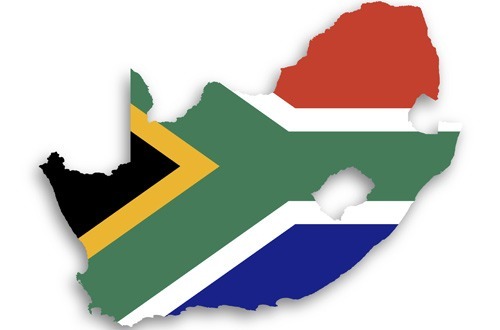Takealot Online (Pty) Ltd yesterday announced a R960 million investment from Naspers, highlighting the media group’s continued commitment to the online retailer and its confidence in the potential of South Africa’s ecommerce sector, and following investments from Tiger Global and Naspers in 2015.
Takealot has continued its robust growth since its merger with Kalahari in 2014, and boasts a stable of businesses including Takealot.com, South Africa’s leading general etailer; Superbalist.com, the fashion etailer; Mr D Food, South Africa’s largest restaurant food delivery service; and Mr D Courier, its point to point courier service.
“We are super excited about this latest investment as it will allow us to continue to grow the business in a market with huge potential. Naspers has been a wonderful supporter of our business and we are grateful for their ongoing commitment and show of confidence in both the business and the market. This is great news for our customers and employees alike,” said Takealot founder and CEO Kim Reid.
“The team continues to drive exciting growth and show great promise in a market we expect to go from strength to strength. We are pleased to support their ambitions to build an enduring ecommerce business for South African consumers and Takealot’s partners alike,” said Oliver Rippel, CEO, B2C E-commerce, Naspers.
Takealot has filed a large merger notification with the South African Competition Commission in anticipation of finalising the investment from Naspers, which would make Naspers the majority shareholder in Takealot. (via Bizcommunity)
In SA value of private equity extends beyond monetary investment – study
In South Africa, the impact and value created through private equity extends far beyond just that of a specific deal’s allocated investment. it is also about positively influencing businesses, the communities connected to these businesses, and their broader economic environment. This is according to the recently launched SAVCA 2017 Case Study Compendium which highlights how private equity investment is resulting in more sustainable business practices and positive community outcomes.
The publication – comprising of sixteen case studies showcasing successful private equity and venture capital partnerships between fund managers and the businesses in which they invest – underscores the long-term nature of these collaborations and confirms the value add offered to both startups and established businesses.
Tanya van Lill, CEO of the Southern African Venture Capital and Private Equity Association (SAVCA), says that these case studies confirm that partnerships of this nature represent a great deal more than just monetary investment. “Private equity plays a vital role in corporate governance, job creation, employment equity initiatives, skills programmes, and social upliftment, thus rendering the portfolio company more resilient, more efficient, with healthier governance structures and with an expanded footprint.”
She refers to the case study of Tsebo Solutions Group (Tsebo) as an example of this, highlighting the instrumental role taken by investor Rockwood Private Equity in guiding the adoption of best practice global corporate governance. “Through the transformation of Tsebo’s corporate governance risk management and control framework to reflect global best practices, Rockwood supported Tsebo in successfully competing for the African component of global marketplace bids, which it had not done before. To date, Tsebo has been successful in five out of six bids with leading global multinational brands.” (via SAVCA)
SA’s credit rating downgrade will also hit SADC region, says AgriSA
AgriSA said on Tuesday that the impact of South Africa’s foreign currency credit rating downgrades was likely to be felt outside of the country’s borders and would have an impact in the southern African region as a whole.
South Africa’s foreign currency credit rating was downgraded to junk status by S&P Global and Fitch credit rating agencies in the wake of the cabinet reshuffle which saw Pravin Gordhan axed as finance minister.
President of AgriSA, Johannes Möller said in a statement that the downgrades would impact neighbouring countries because South Africa is often viewed as the gateway to Africa in terms of investment and logistics, whilst also being a major trading partner for many of these countries.
“The full impact of the South African credit ratings downgrades is still uncertain but it will be short-sighted not to expect that it will have an impact on our region and that it will most certainly also be felt by our neighbours especially in the Southern African Development Community (SADC),” Möller said.
Möller said that if South Africa’s economy was to move into a recession, it would lead to a reduced demand for imports in general and equally so for the country’s neighbours.
“Livestock imports is a case in point as it is general knowledge that meat consumption is directly correlated to economic performance in South Africa; if we were to move into a recession the impact on our neighbours, some of them being heavily reliant on South Africa for these kinds of exports, is obvious,” Möller said. (via African News Agency)







